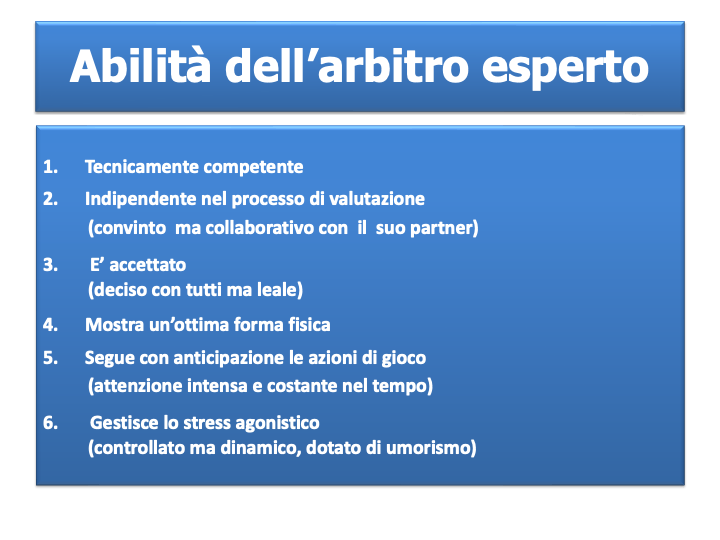It happens because athletes or teams are not able to handle some of the main factors of a race. They re the following.
- Uncertainty - Sport is a typical situation of uncertainty in which only one win, it must know how to accept this condition and live it with determination.
- Expectations - The higher the skill level, the higher the expectations, that instead during the competition should be set aside to focus only on the present, forgetting the future represented by the final result.
- Time - Every race is marked by time, that must be managed while maintaining the proper timing for each action without fear and without slowing down and speeding to excess of impatience.
- Change - The race is a situation in which the changes take place continuously and often without warning, the competitors have to accept mistakes and be able to adapt flexibly to what is happening.
- Visibility - The competition is a public social comparison, each one shows him/herself in the game.
- Control - The athletes must know what they can control and what depends to a lesser extent by their behaviors. Certainly can control the effectiveness of their sport performance. They can not however determine the outcome, which depends instead by the interaction with the opponent.
- Choices - The race is a continuous situation of choice in relation to the strategy to be used, the shot to perform, the behavioral management. Choose is an ongoing task and the athlete must be trained to do it.
- Compete - Sport is not an aesthetic activity, consists of a constant confront with opponents, the start and the end are not decided by the athletes. They must be available to provide the optimal performance by accepting these conditions and rules that are a guarantee of equal opportunities for comparison.
- Ourselves - Athlete and team should be the main supporters of themselves, while they are often the cause of their problems. They become impatient, insecure, very little constructive, paralyze by analysis or overly impulsive.
- Motivation - It ‘s the foundation of everything. The situations and the others can provide good reasons to commit at the best, but no one can motivate another person. The motivation stems from the belief that it improves thanks to our commitment.







